Column: The toxicity of diet-based new years resolution
Photo credit: Ava Salomon
Diet advertisements on social media platforms often show models measuring their waist and other actions surrounding unrealistic beauty standards which can lead teen females to develop eating disorders. New years resolutions revolving around trending diets do more harm than good to a teenager’s mental health.
February 7, 2021
The new year is officially in full swing and with that comes the annual tradition of new year resolutions. Already one month in and we typically see the drop in resolutions and, especially in a year like this one, the ability to actually keep numerous resolutions is even more difficult. However one resolution that is continually prominent is the “bikini/summer bod” resolutions and the diet/health goals.
Without fail, every year my Instagram feed is flooded with ads about diet products and exercise plans for the new year. Even though I know that “lose weight fast” diets and workouts do not work, and I know that ads are specifically designed for my category, 16-year-old female living in LA, my brain still wants to try them or at least thinks that I need to try them. In Human Development (HD) we learn about toxic diet culture (95% of non-prescribed diets fail), body image positivity, eating disorders and ways to prevent that way of thinking. But in reality, it is so hard to stop my insecurities from rising to the forefront of my prefrontal cortex where they constantly tell me, “You’re not good enough.”
Dr. Alexis Conason is a clinical psychologist in private practice in New York City and a researcher at Mt. Sinai Medical Center. In her article “As A Psychologist, These Are The Problems I See With ‘Diet Culture,’” she writes, “We are products of our culture; one that normalizes body hatred and teaches us that the golden path to health, happiness, and everything good in life is paved with diet pills, juice cleanses, and boutique fitness classes.”
In our own communities we have normalized hating our own bodies. Conason writes how normal body hatred is. All of these posts on Instagram, Facebook or other social media outlets, produce and sell digitally altered images of models and diets specifically made for our generation that are now deemed normal. Listen, I know a lot of what I see on my feed is due to my location, Los Angeles, and the Hollywood industry comes with its own issues, yet we still play into the body-hating cycle and it’s not our fault. It’s on the big companies and corporations shoulders who are set on attacking the female teen.
According to the National Eating Disorder Association, “the best-known environmental contributor to the development of eating disorders is the sociocultural idealization of thinness.” This is due to corporate advertising. More girls will develop eating disorders and internalized body hatred if absurdly unrealistic models are pictured in advertisements. In fact, “of American elementary school girls who read magazines, 69% say that the pictures influence their concept of the ideal body shape. 47% say the pictures make them want to lose weight.” While I know that this is the case, I still find it increasingly difficult to keep a positive mindset when thinking about myself and the way I look.
So, still looking for a new years resolution? Maybe try to learn a new language or start journaling. Try a new art form or learn a TikTok dance. There are healthy and good ways to exercise and lose weight and toxic diets are not it. We know that ads are supposed to make us feel bad about ourselves and yet we still listen to them. Why? Because sometimes my insecurities get to me. And it is not my fault. The systemic body hatred in our culture is to blame for that.

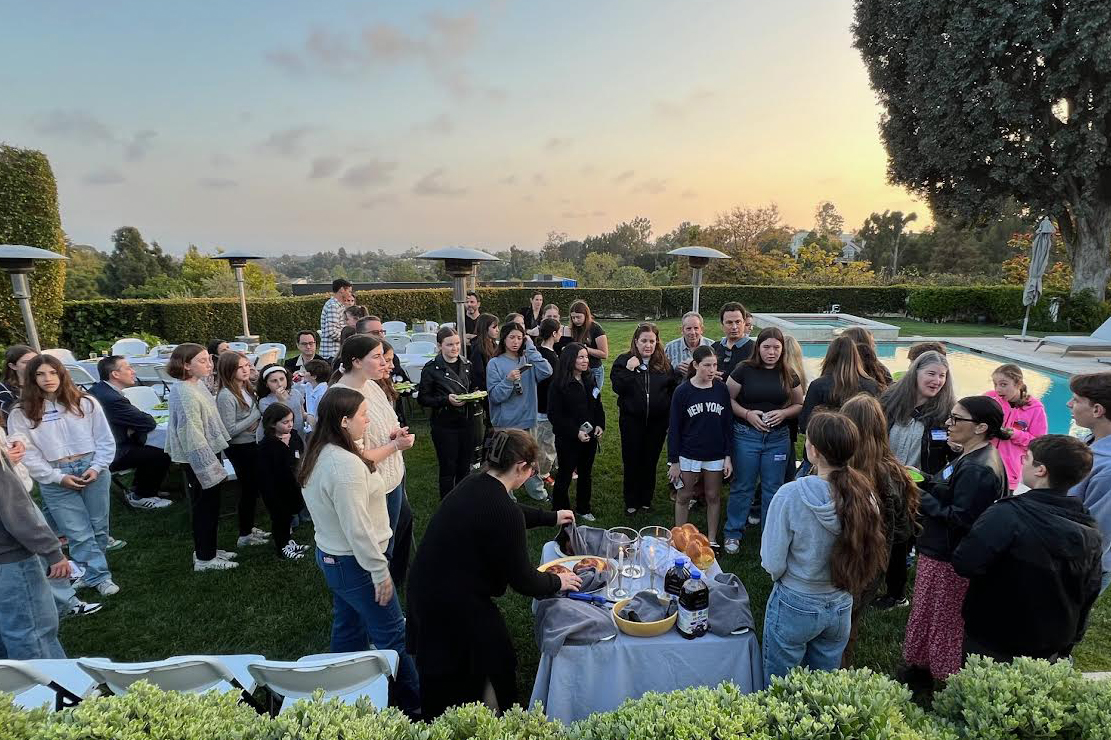




















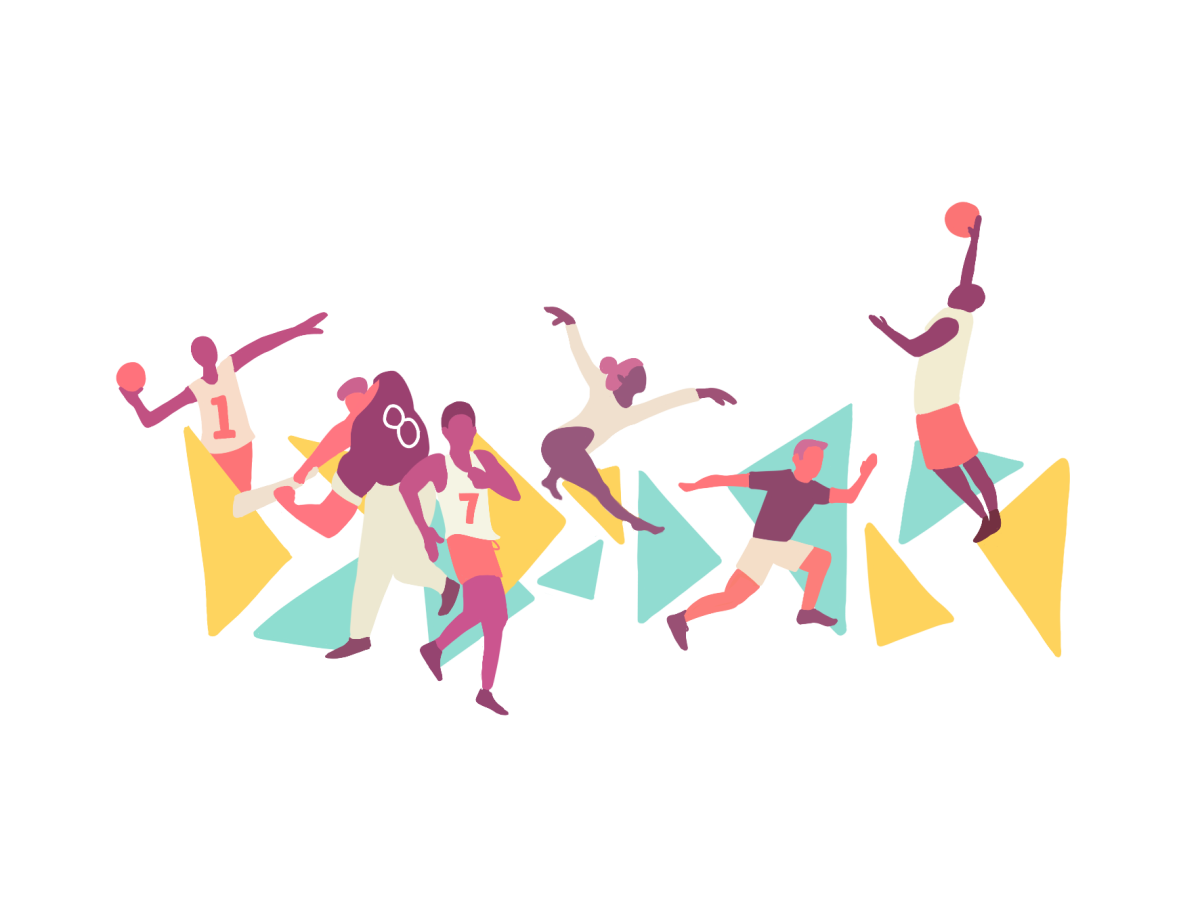




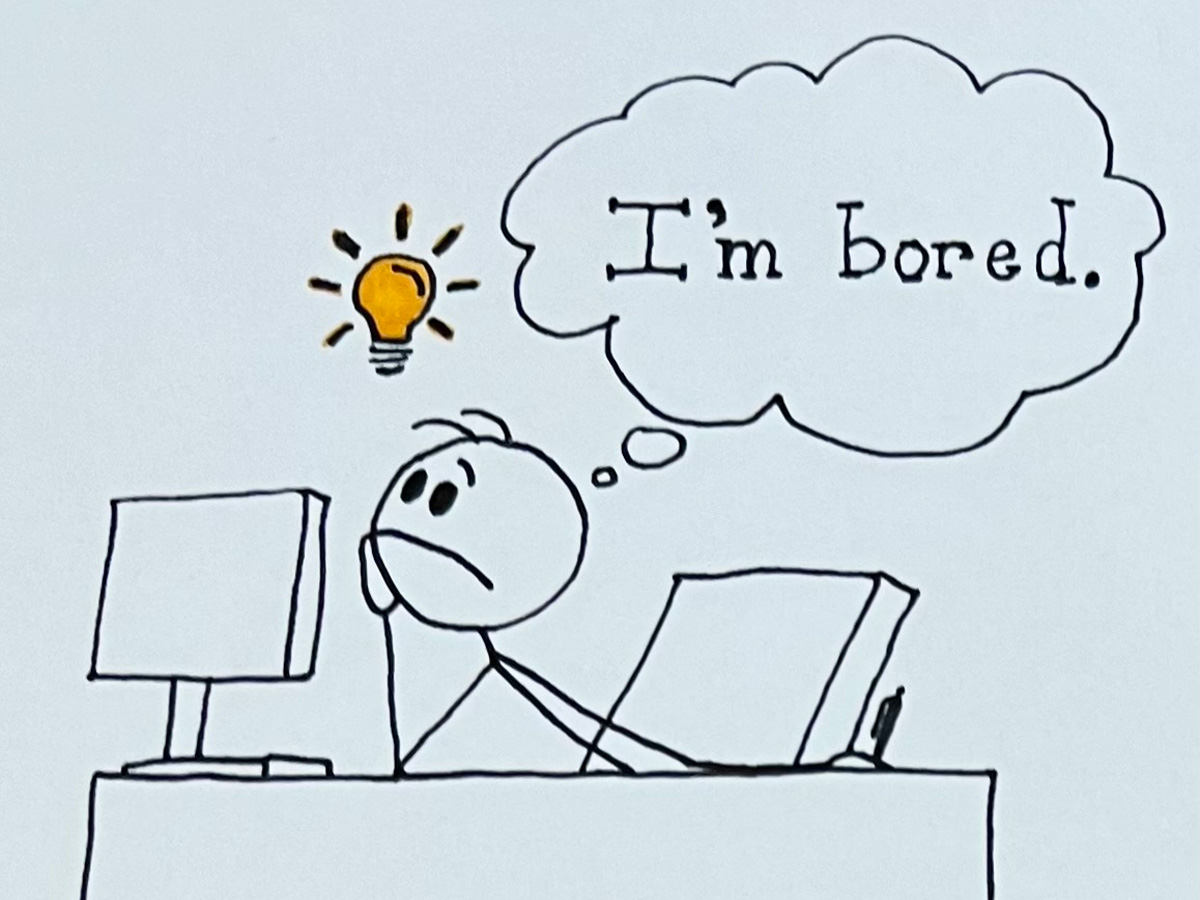
























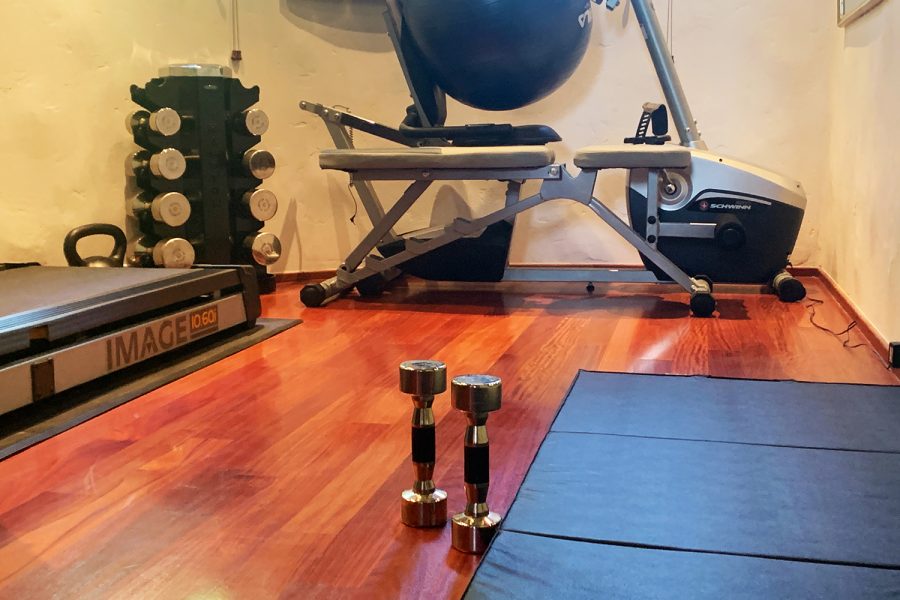






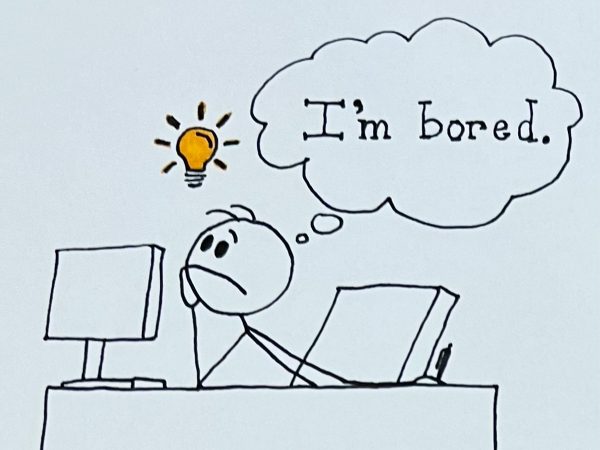
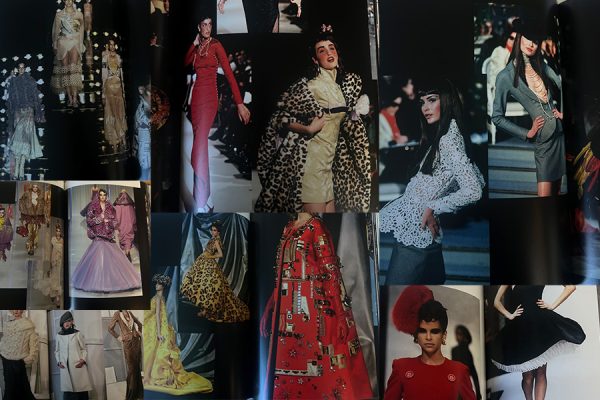
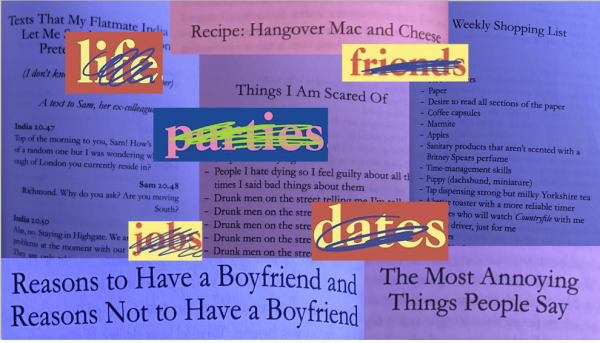
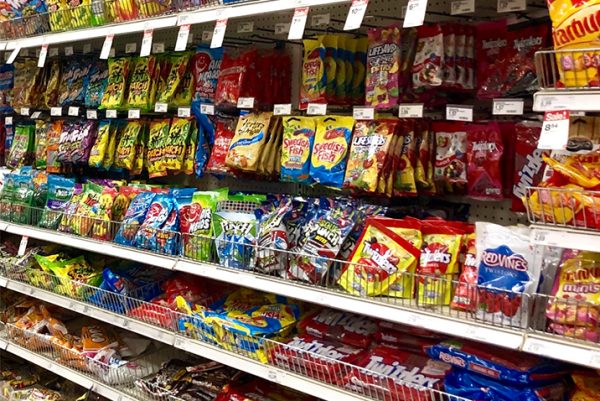
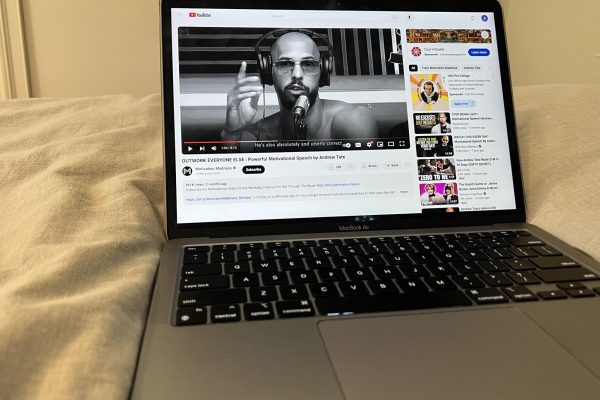
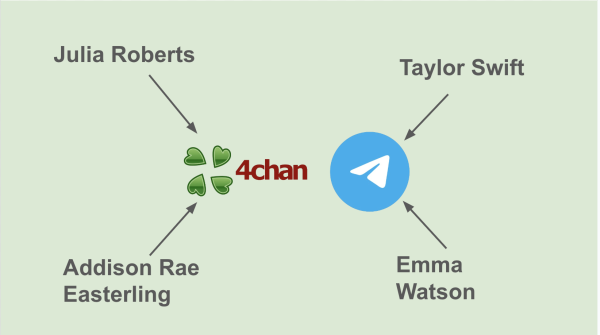

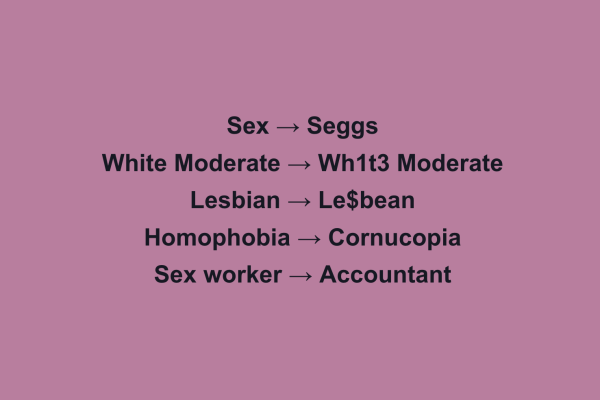

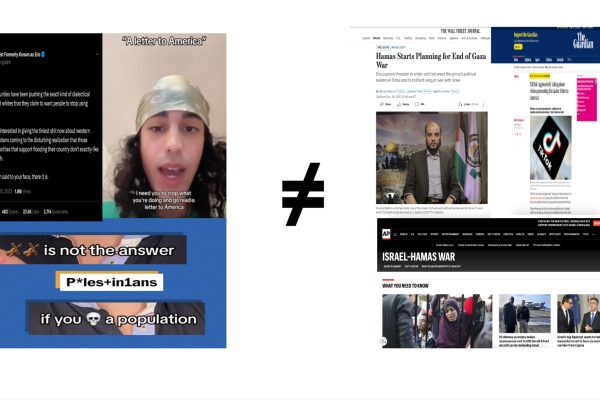
Langdon Janos • Feb 9, 2021 at 8:23 pm
So well written, Alejandra!